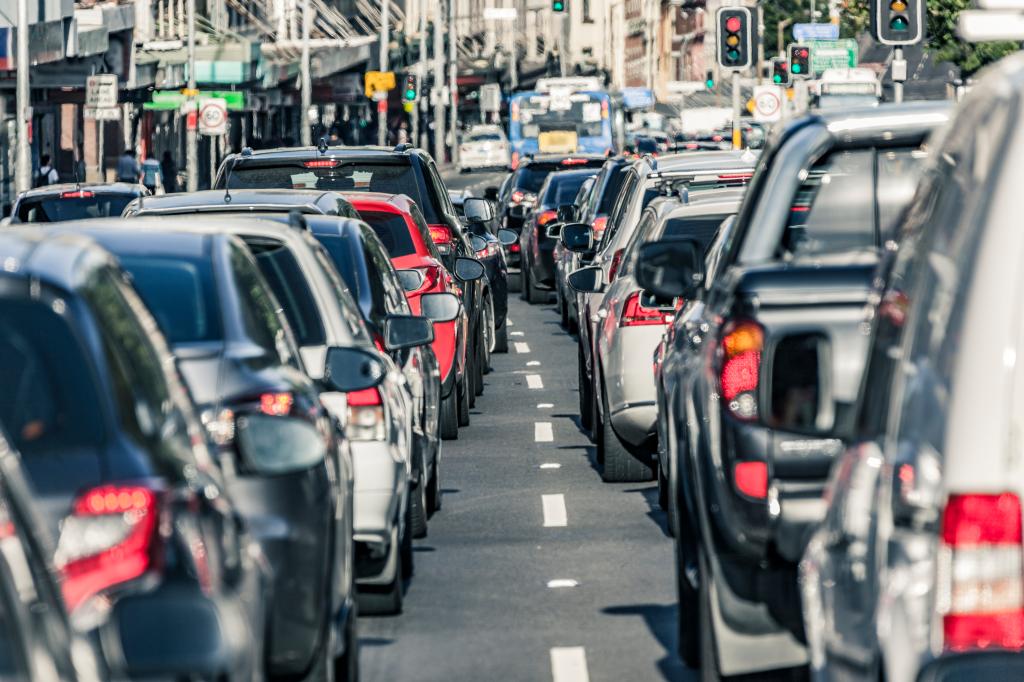
A new report by workplace company IWG found that 61% of Aussies who work from home say they simply can’t afford to give it up, and more than half said they would quit if they were made to go back to the office full-time.
The study of 2,001 full-time workers found that flexible working is proving hugely beneficial during the cost-of-living crisis, with both employees and employers reporting a raft of benefits.
“Hybrid working is a win-win for employers and employees. From a business standpoint, they benefit from increased workforce productivity, employee attraction and retention, and cost savings adding up to an average of $14,300 per employee,” the report said.
“For employees, ditching lengthy and costly daily commutes enables more quality time with friends and family, closer to where they live.”
It’s not just the money stresses that are eased either. A majority of those surveyed said that having a long commute into the office five days a week would negatively impact their mental health, productivity levels, relationship with their employer, and relationship with family and friends.
It also found that more than three-quarters of workers reported having lower stress levels and almost 80% said they were happier.
“Hybrid working is a win/win for employees and their employers and has radically redefined how we work” the report said.
“This momentum is set to prevail in 2024, as a growing number of businesses and employees grasp the evident advantages – financial, cultural, and sustainable – that flexible working models can offer.”

One of the biggest benefits was cutting out the daily commute. According to the Australian Bureau of Statistics, transport is the third biggest cost Aussie households have.
It’s not just a little cash either. For those commuting in Melbourne, a daily fair on public transport is capped at $10.60, meaning using public transport for work could cost more than $2,500 annually.
In Sydney it’s even worse, with a daily cap of $17.80 setting a person back more than $4200 a year. For those that drive, fuel is expected to hit $3 a litre in 2024 and road tolls set drivers back an average of $81 a week in Sydney and $58 a week in Melbourne.
The survey found a whole range of further benefits in peoples lives too, with people reporting they felt more on top of their household chores, had more free time, happier social lives and more ability to look after family members such as children or elderly parents.
The results came after a recent report found that two-thirds of CEOs were expecting a return to full in-office work over the next two to three years.
The October 2023 KPMG report surveyed more than 1300 CEOs around the world, including in Australia. It showed a disparity between CEOs and their workers, with a large number of Aussies even saying they would even take a pay cut to keep working from home.



